Although many people may not realize it, our physical health has a significant connection to our dental health. While untreated periodontal disease is a no-brainer when it comes to a leading cause of tooth loss, physical ailments such as rheumatoid arthritis can negatively affect oral health as well. In fact, here are three diseases that your dentist recommends keeping in check in order to improve general health and lower your risk of tooth loss.
Osteoporosis Linked to Tooth Loss in Older Adults
Although osteoporosis can affect any bone in your body, it most commonly affects the hips, spines, and wrists of older men and women. However, osteoporosis or "thinning bones" also may lead to bone deterioration and loss of your jawbone, according to the American Academy of Periodontology.
Studies have found a connection between jawbone loss and tooth loss. Specifically, without teeth to stimulate healthy jawbone growth, untreated tooth loss will eventually lead to jawbone decline. Conversely, adults with jawbone loss due to osteoporosis have an increased chance of tooth loss.
Diabetes Increases Risk of Tooth Loss
Americans with diabetes (approximately 8 percent) are at greater risk for tooth loss--especially those over age 50, according to research published in the Journal of the American Dental Association. In fact, those with diabetes had an average loss of 10 teeth, compared with fewer than seven for those without the disease.
Additionally, according to the ADA, 28 percent of diabetics had lost all their teeth. The reason, according to researchers, is probably high blood sugar. Specifically, high blood sugar can disrupt the delivery of nutrients and removal of debris from gum tissue. This eventually leads to periodontal disease, and over time, to tooth loss.
Tooth Loss May Occur Due to Hypertension
Dental experts believe that high blood pressure and tooth loss may go hand in hand. Research from the American College of Cardiology suggests that for every tooth you lose, you increase your chances of heart disease, including high blood pressure (hypertension).
Additionally, the National Institutes of Health notes several studies find a link between periodontal infections and cardiovascular disease, especially stroke. While experts suggest the need for more research, at least two studies report connections between hypertension and periodontal disease, especially tooth loss.
Ultimately, there is a strong link between general health and dental health. Take care of your overall health by eating properly, getting plenty of exercise, brushing and flossing daily, and visiting your health care professionals regularly, and you give yourself a better chance of having good physical and dental health. For more information, be sure to speak with your dentist about your medical and dental health.
Related General Dentistry Articles
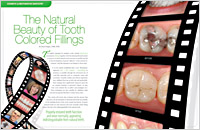 The Natural Beauty of Tooth Colored Fillings
The Natural Beauty of Tooth Colored Fillings
The public's demand for aesthetic tooth colored (metal free) restorations (fillings) together with the dental profession's desire to preserve as much natural tooth structure as possible, has led to the development of special “adhesive” tooth colored restorations... Read Article
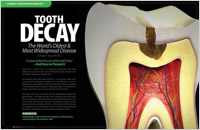 What is Tooth Decay? – And How to Prevent It!
What is Tooth Decay? – And How to Prevent It!
Tooth Decay is an infection, and many people don't realize that it is preventable. This article is the first in a series about tooth decay, perhaps the number one reason children and adults lose teeth during their lifetime. Explore the causes of tooth decay, its prevention and the relationship to bacteria, sugars and acids... Read Article
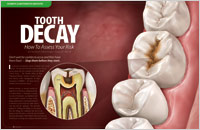 Tooth Decay – How To Assess Your Risk
Tooth Decay – How To Assess Your Risk
Don't wait for cavities to occur and then have them fixed — stop them before they start. Modern dentistry is moving towards an approach to managing tooth decay that is evidence-based — on years of accumulated, systematic, and valid scientific research. This article discusses what you need to know to assess your risk and change the conditions that lead to decay... Read Article
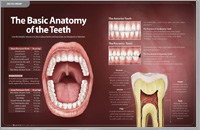 Basic Anatomy of Teeth
Basic Anatomy of Teeth
Adults have 32 teeth. This includes the wisdom teeth which are simply a third set of molars. It is possible to be born with less than 32 teeth or more than 32 teeth. If a person has had all four of their wisdom teeth removed, they will have 28 teeth...Read Article
